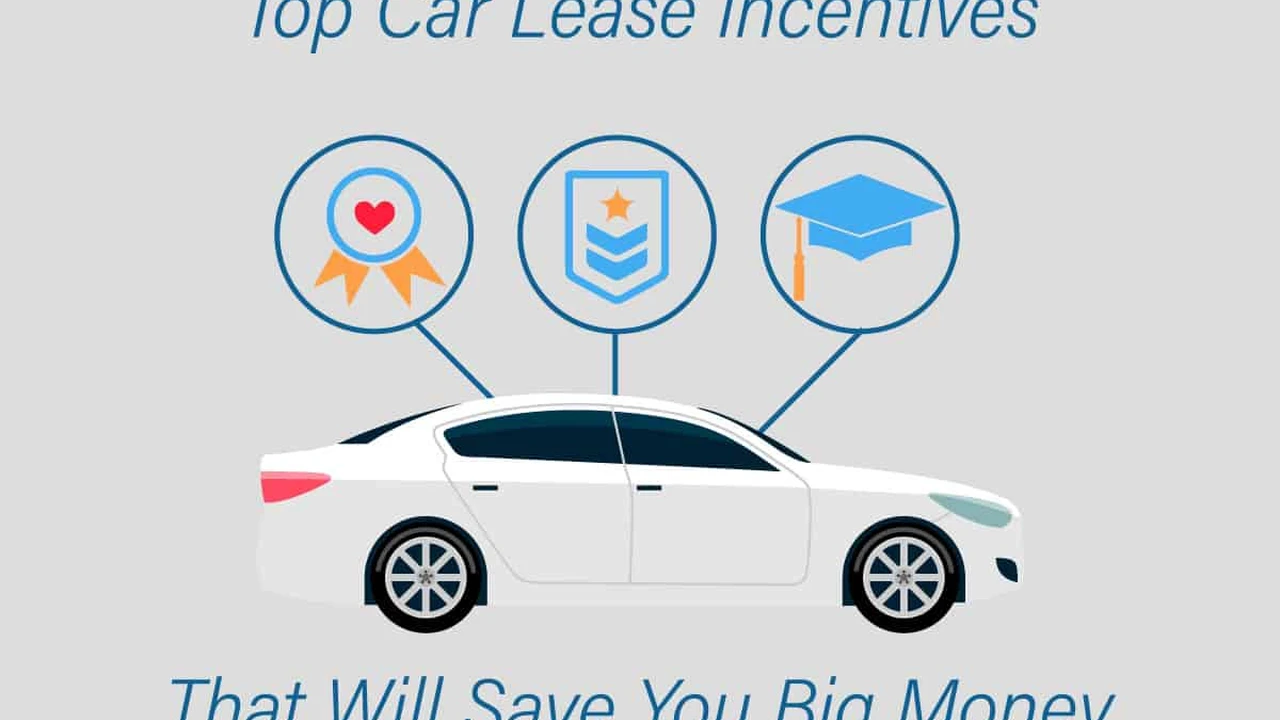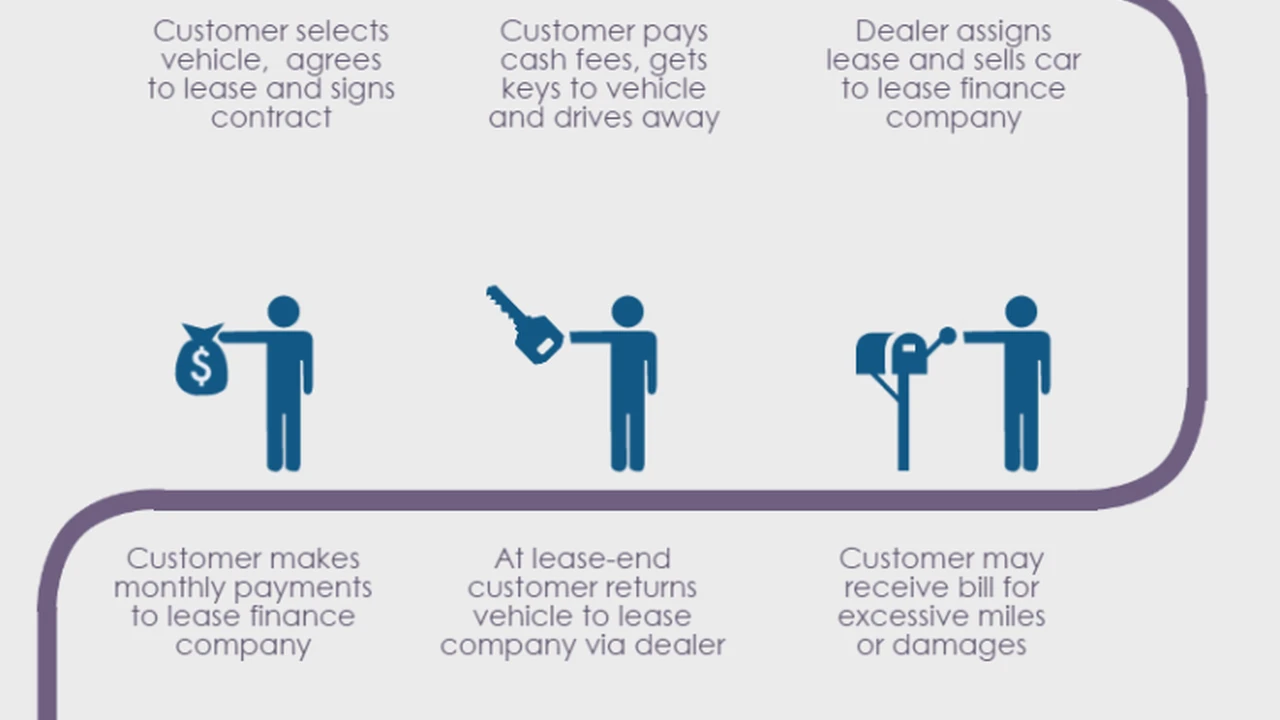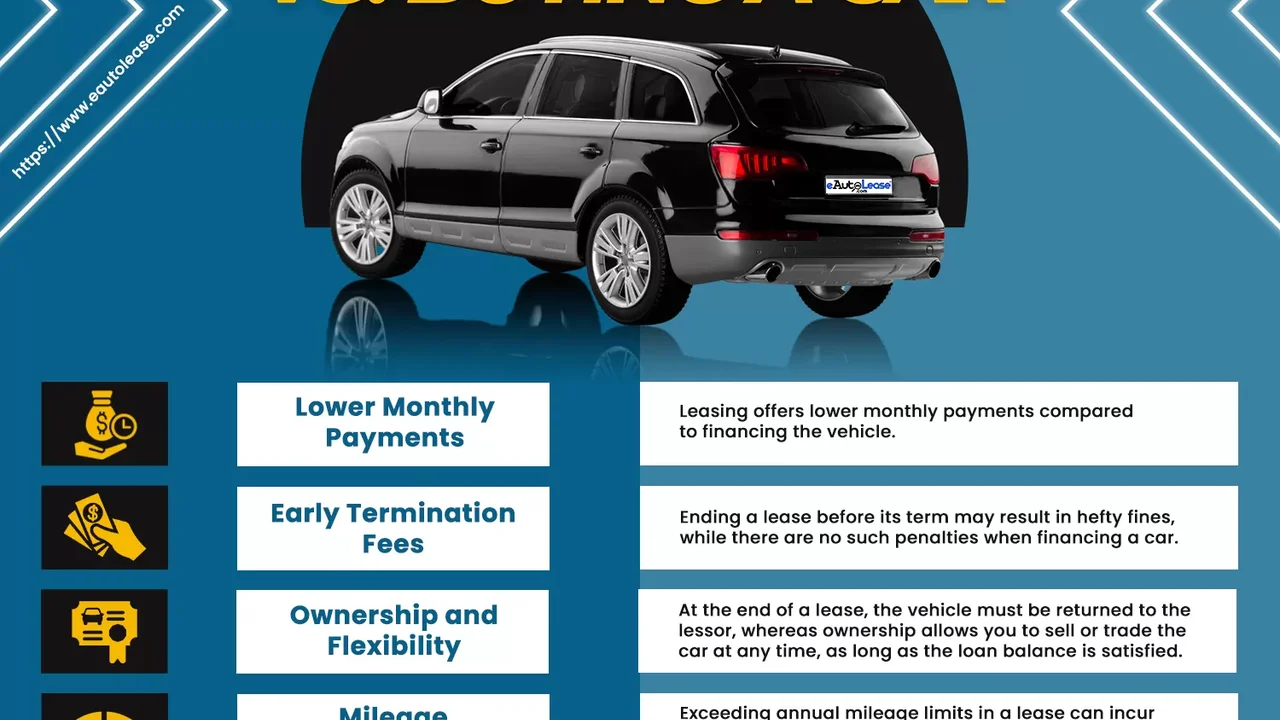Zero-Down Lease Deals: Are They Worth It?

Understanding Zero Down Lease Deals What Are They Really
So, you've seen the ads: "Get into a brand new car for $0 down!" Sounds amazing, right? But what does "zero down" *really* mean? Basically, it means you don't have to shell out a big chunk of cash upfront like you normally would with a traditional lease. Typically, a lease requires a down payment, which can cover things like the first month's payment, taxes, fees, and a capitalized cost reduction (which lowers your monthly payments). With a zero-down lease, you skip that initial outlay. Think of it like financing the entire cost of the lease, including all those extra fees, over the term of the lease. It's tempting, especially if you're short on cash. But hold your horses; there's always a catch (or several!). We'll dive into those catches shortly.
The Alluring Appeal of Zero Down Leases Why People Choose Them
Why do people go for zero-down leases? The main reason is pretty straightforward: affordability. It allows someone who might not have thousands of dollars saved up to drive a new car. It's a great option if you're in a situation where you need a car *now* but don't have the immediate funds for a substantial down payment. Maybe your old car died unexpectedly, or you're starting a new job that requires reliable transportation. Zero-down leases can also be appealing if you're only planning to keep the car for a short period. Since you're not putting any money down, you don't have to worry as much about depreciation. Plus, some people simply prefer the convenience of not having to deal with a large upfront payment.
The Hidden Costs and Drawbacks of Zero Down Leasing A Closer Look
Okay, let's get to the nitty-gritty. Zero-down leases aren't all sunshine and rainbows. The biggest drawback is that you'll almost certainly pay more in the long run. Since you're financing the entire lease amount, including fees and taxes, your monthly payments will be higher. Think of it like taking out a loan with no down payment – you end up paying more interest over the life of the loan. Another potential downside is that you'll have less equity in the car. If you decide to buy the car at the end of the lease, you'll likely have to pay more than if you had made a down payment. You're also more vulnerable to negative equity if you damage the car or exceed the mileage allowance. Remember, with a zero-down lease, you're essentially starting the lease “underwater.” This means that if the car gets totaled early in the lease, the insurance payout may not cover the full amount you owe, leaving you with a bill. Finally, zero-down leases often come with higher interest rates (also known as the money factor). Lenders see them as riskier, so they compensate by charging more.
Calculating the True Cost of a Zero Down Lease Understanding the Numbers
Before you jump into a zero-down lease, it's crucial to crunch the numbers. Don't just focus on the seemingly low monthly payment. You need to consider the total cost of the lease, including all fees, taxes, and interest. Ask the dealer for a detailed breakdown of the lease terms. Pay close attention to the money factor (interest rate), the residual value (the car's value at the end of the lease), and any other fees. Then, compare the total cost of the zero-down lease to a traditional lease with a down payment. You might be surprised to see how much more you'll pay over the lease term. You can use online lease calculators to help you compare different lease options. Remember, the goal is to find the option that's most affordable *in the long run*, not just the one with the lowest upfront cost.
Zero Down Lease vs Traditional Lease A Detailed Comparison
Let's break down the key differences between zero-down and traditional leases: * **Upfront Cost:** Zero-down leases require little to no money upfront, while traditional leases typically require a down payment. * **Monthly Payments:** Zero-down leases usually have higher monthly payments than traditional leases. * **Total Cost:** Over the lease term, zero-down leases almost always cost more than traditional leases. * **Equity:** Traditional leases give you more equity in the car, which can be beneficial if you decide to buy it at the end of the lease. * **Risk:** Zero-down leases are riskier because you start the lease “underwater,” meaning you owe more on the car than it's worth. * **Interest Rates:** Zero-down leases often come with higher interest rates. * **Flexibility:** Zero-down leases offer more flexibility in the short term, as you don't have to tie up a lot of cash upfront. Think of it this way: A traditional lease is like putting a down payment on a house – you reduce the amount you have to borrow and lower your monthly payments. A zero-down lease is like buying a house with no down payment – you can get into the house right away, but you'll pay more in the long run.
Who Benefits Most from Zero Down Car Leasing Evaluating Your Situation
So, who *should* consider a zero-down lease? Generally, it's best for people who: * Need a car *now* but don't have the immediate funds for a down payment. * Are only planning to keep the car for a short period. * Prioritize low upfront costs over long-term savings. * Have a good credit score (to qualify for the best interest rates). * Are disciplined about staying within the mileage allowance and avoiding damage to the car. However, if you: * Have a substantial down payment saved up. * Plan to keep the car for a long time. * Are concerned about long-term costs. * Have a history of exceeding mileage allowances or damaging cars. Then a traditional lease or even buying a car outright might be a better option.
Factors Affecting Zero Down Lease Deals Credit Score and More
Your credit score plays a HUGE role in the terms you'll get on a zero-down lease. A higher credit score means you're more likely to qualify for a lower interest rate (money factor), which can significantly reduce the total cost of the lease. If you have a poor credit score, you might still be able to get a zero-down lease, but you'll likely pay a much higher interest rate, making the lease even more expensive. Other factors that can affect your lease terms include: * **The Car's Residual Value:** A car with a high residual value (meaning it's expected to hold its value well) will usually have lower monthly payments. * **The Lease Term:** A longer lease term will generally result in lower monthly payments, but you'll pay more in interest over the life of the lease. * **Mileage Allowance:** A lower mileage allowance will usually result in lower monthly payments, but you'll have to pay extra if you exceed the allowance. * **The Dealer's Incentives:** Some dealers offer special incentives or discounts on zero-down leases, so it's worth shopping around.
Negotiating a Zero Down Lease Deal Tips and Strategies
Even with a zero-down lease, there's still room for negotiation. Here are some tips: * **Shop Around:** Get quotes from multiple dealerships before making a decision. * **Negotiate the Price of the Car:** The lower the price of the car, the lower your monthly payments will be. * **Negotiate the Money Factor:** The money factor is the interest rate on the lease. Try to negotiate it down as much as possible. * **Be Aware of Hidden Fees:** Ask the dealer to disclose all fees upfront. * **Don't Be Afraid to Walk Away:** If you're not happy with the terms of the lease, don't be afraid to walk away. There are plenty of other dealerships out there.
Specific Car Recommendations for Zero Down Leases 2023 Models and Beyond
Okay, so you're leaning towards a zero-down lease? Let's look at some specific cars that are often featured in zero-down lease deals. Keep in mind that these deals change frequently, so it's always best to check with your local dealerships for the latest offers. Also, I'll give you an *estimated* MSRP (Manufacturer's Suggested Retail Price), but that can vary depending on options and location. * **Honda Civic (Estimated MSRP: $24,000 - $28,000):** The Civic is a perennial favorite for a reason. It's reliable, fuel-efficient, and surprisingly fun to drive. It's a great choice for commuting or running errands around town. You'll often see Civic lease deals with very low down payments, sometimes even zero. The Civic is particularly appealing for young professionals or students who need a dependable and affordable car. Its resale value is also strong, which helps keep lease payments down. The Civic’s user-friendly infotainment system and standard safety features, like adaptive cruise control and lane departure warning, make it a safe and comfortable option. * **Hyundai Elantra (Estimated MSRP: $21,000 - $26,000):** The Elantra is another excellent compact car that often features attractive lease deals. It's known for its stylish design, comfortable ride, and long list of standard features. It's a good choice for families on a budget or anyone looking for a well-equipped and affordable car. The Elantra offers a spacious cabin and a generous warranty, providing peace of mind. Consider the Elantra if you value a modern design and a comfortable driving experience. It's also a great option for Uber or Lyft drivers looking for a fuel-efficient and reliable vehicle. * **Nissan Rogue (Estimated MSRP: $28,000 - $35,000):** If you need a bit more space, the Rogue is a popular compact SUV that often has competitive lease offers. It's known for its comfortable interior, ample cargo space, and available all-wheel drive. It's a good choice for families or anyone who needs a versatile vehicle for hauling cargo or passengers. The Rogue's ProPILOT Assist driver-assistance technology is a standout feature, making it a comfortable and safe option for long drives. The Rogue is a great choice for those who need the practicality of an SUV without sacrificing fuel efficiency. * **Kia Sportage (Estimated MSRP: $27,000 - $36,000):** Another compelling compact SUV option, the Sportage boasts a bold design and a feature-rich interior. Often available with attractive lease deals, it's a strong contender in its class. Its available all-wheel drive and ample cargo space make it a versatile choice for various lifestyles. The Kia Sportage often comes with a longer warranty than its competitors, providing added peace of mind. Consider the Sportage if you're looking for a stylish and well-equipped SUV with a competitive lease price. * **Chevrolet Trax (Estimated MSRP: $22,000 - $25,000):** As a subcompact SUV, the Trax offers a more affordable entry point into the SUV market. It's fuel-efficient and easy to maneuver, making it ideal for city driving. While smaller than the Rogue or Sportage, it still offers decent cargo space for its size. The Chevrolet Trax is a good option for first-time car buyers or those looking for a budget-friendly SUV. Its compact size makes it easy to park and navigate in urban environments. **Important Considerations for These Recommendations:** * **Availability:** Lease deals can vary significantly by region and dealership. Check with your local dealerships for the most up-to-date offers. * **Credit Score:** Your credit score will impact the terms of your lease. A higher credit score will generally result in lower monthly payments. * **Mileage Allowance:** Be realistic about your driving habits and choose a mileage allowance that meets your needs. Exceeding the mileage allowance can result in hefty fees. * **Trim Level:** The trim level (e.g., LX, EX, Touring) will affect the features and price of the car. Choose a trim level that meets your needs and budget. * **Negotiation:** Don't be afraid to negotiate the terms of your lease. You may be able to negotiate a lower price, a lower interest rate, or a higher mileage allowance.
:max_bytes(150000):strip_icc()/277019-baked-pork-chops-with-cream-of-mushroom-soup-DDMFS-beauty-4x3-BG-7505-5762b731cf30447d9cbbbbbf387beafa.jpg)






